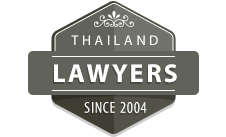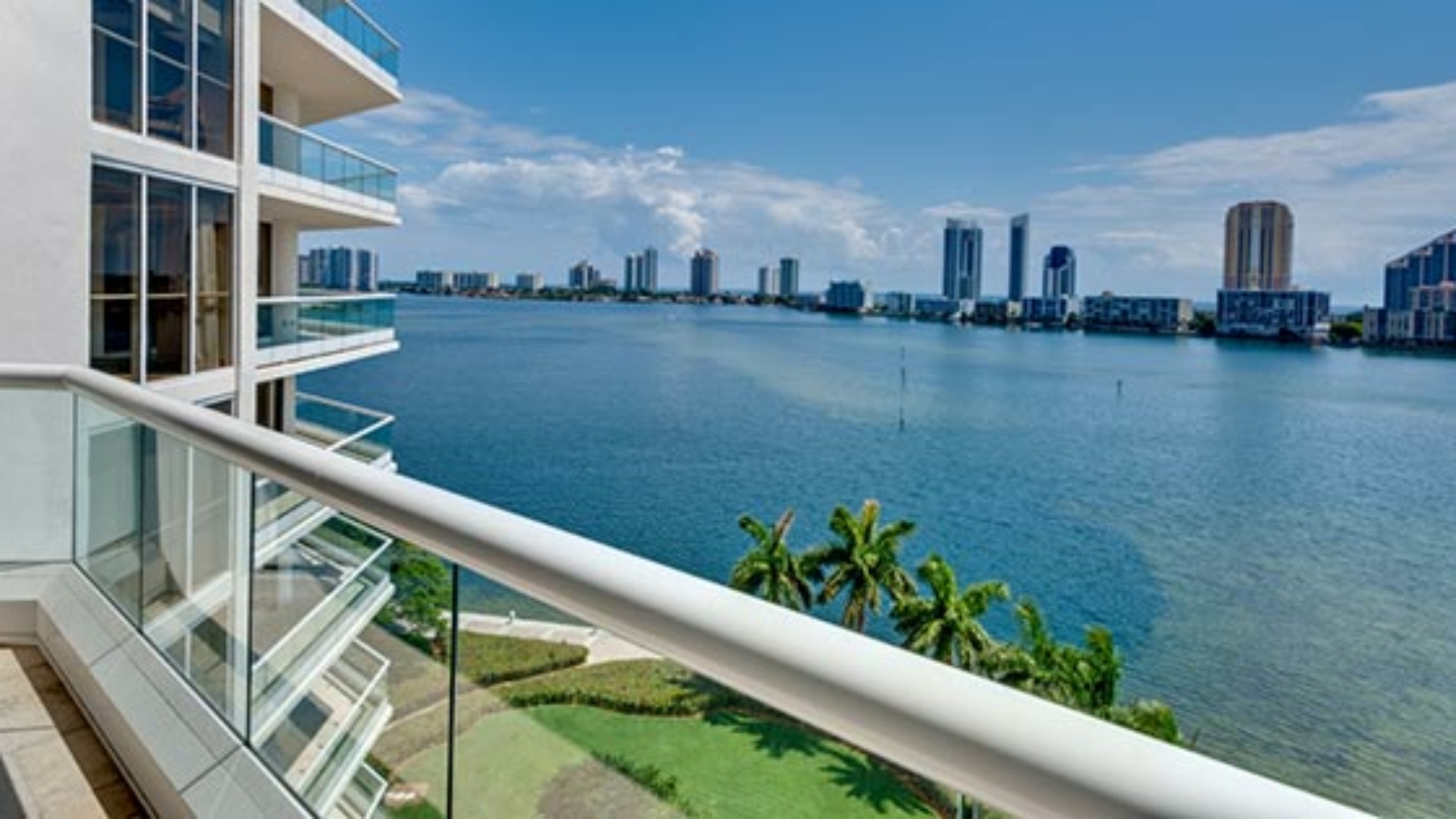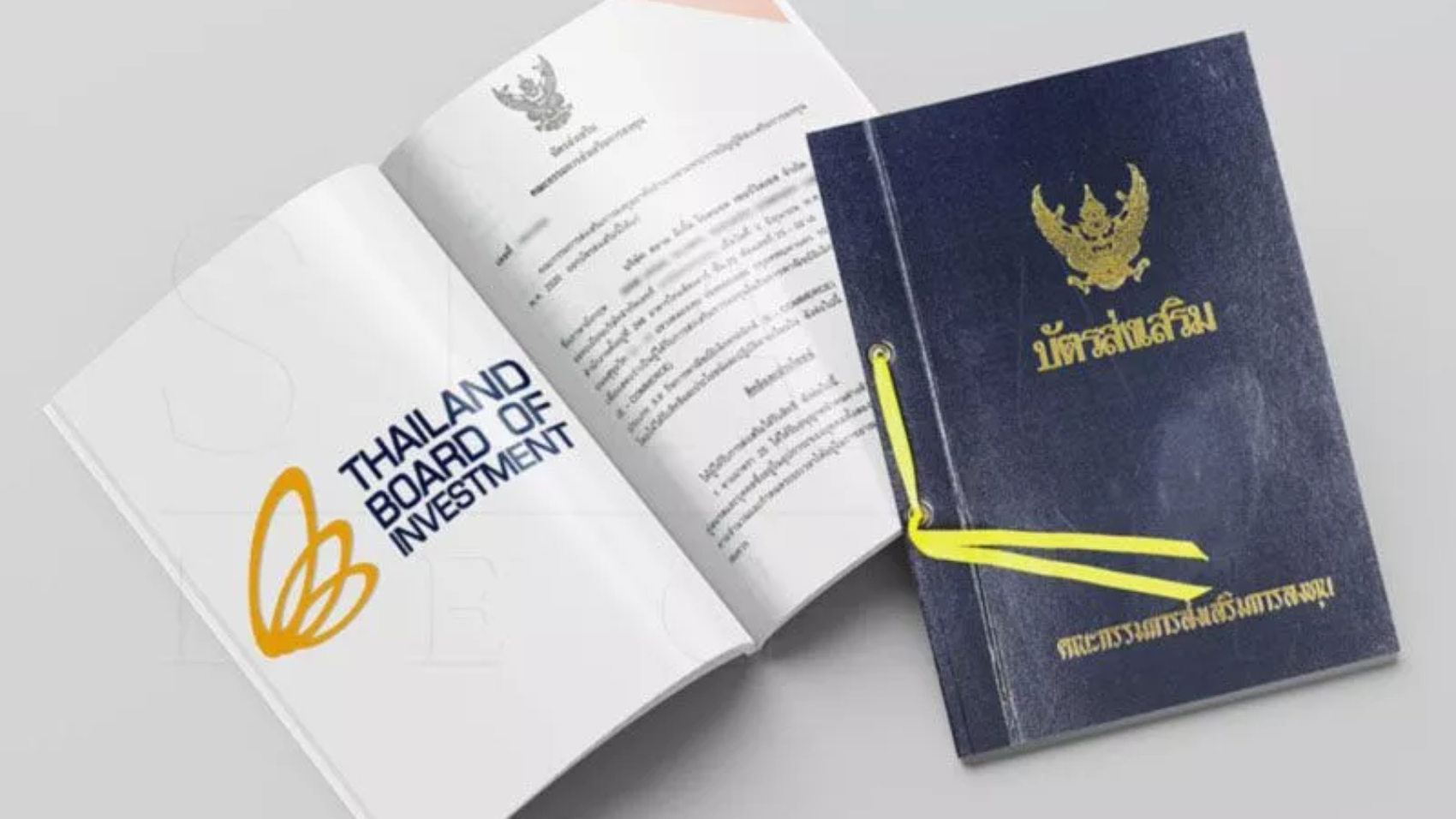Child Adoption in Thailand. If you’re looking to adopt a child and Thailand is a country you’re considering, there are important steps to take and qualifications to meet. Here’s an overview of child adoption in Thailand:
Eligibility for Foreign Adoptive Parents
- Married Couples: Adoption is generally for married couples, with a minimum marriage duration requirement (often 6 months to a year). Single women may be eligible for special needs adoptions, but the definition of “special needs” can vary.
- Age: Most countries have minimum and maximum age requirements for adoptive parents. In Thailand, you must be over 25 and at least 15 years older than the child.
- Health: Some agencies may have BMI requirements or require pre-screening for health conditions.
- Home Country Laws: You must be legally qualified to adopt according to the laws of your home country.
The Adoption Process
- Contact an Authorized Agency: Adoption in Thailand must be facilitated by a licensed agency. They can guide you through the process and ensure you meet Thai requirements.
- Application and Approval: The application process involves submitting documents, background checks, and home studies.
- Waiting Child or Specific Request: You can choose to adopt a waiting child or request a child based on age, gender, or special needs.
- Placement and Finalization: After a matching process and a bonding period, the adoption can be finalized through Thai courts.
Important Considerations
- Special Needs Adoption: Many waiting children in Thailand have special needs, which can include health conditions, sibling groups, or older age. Be prepared to offer a loving home to a child with specific needs.
- Age Requirements: There may be limitations on the age gap between you and the adoptable child. Age flexibility might be possible for adopting waiting children.
- Time Commitment: The adoption process in Thailand can take several months or even years. Be prepared for a lengthy journey.
Remember, adoption is a life-changing decision. By carefully considering your qualifications and motivations, and researching the process thoroughly, you can increase your chances of a successful and fulfilling adoption experience.









